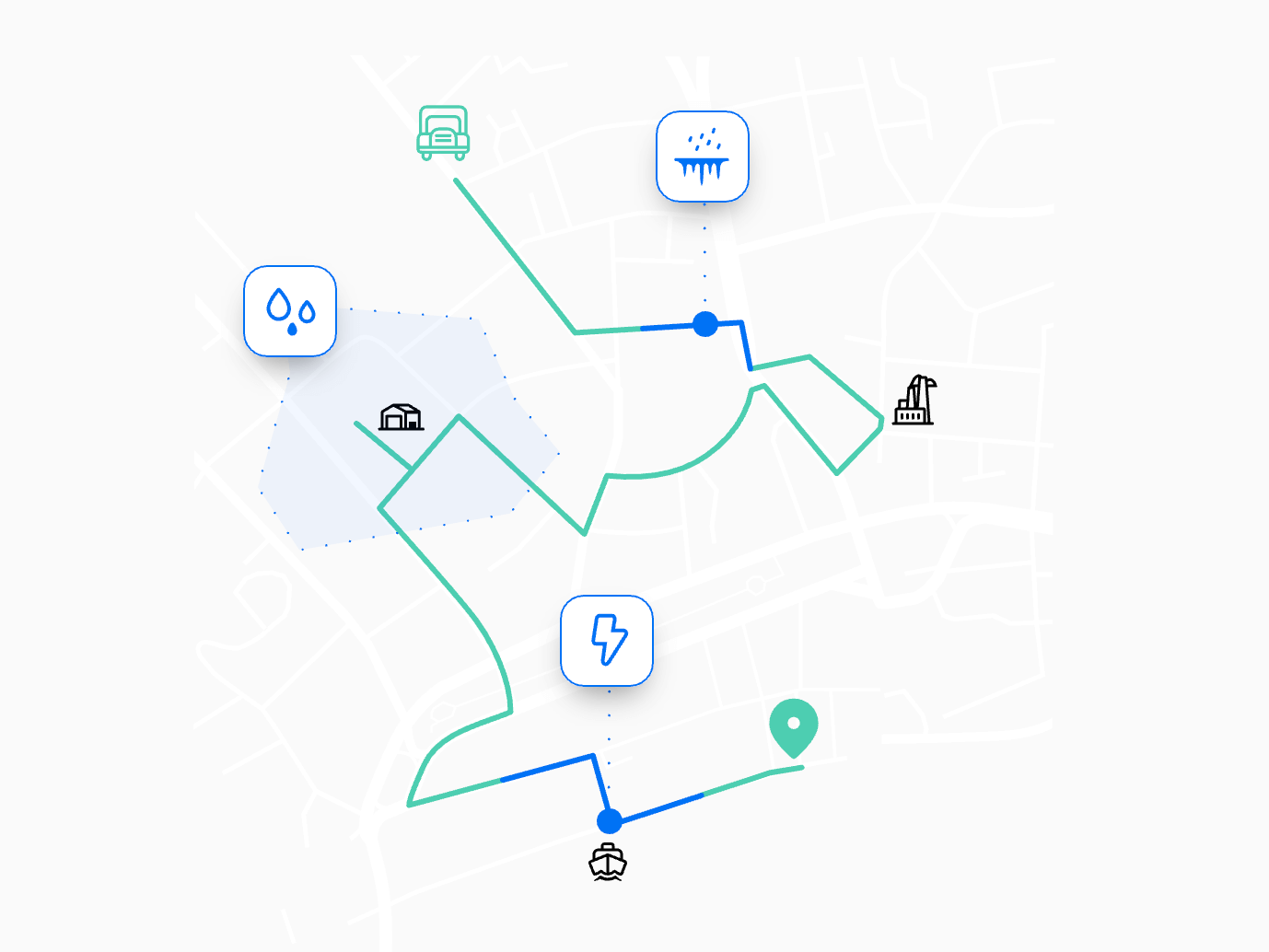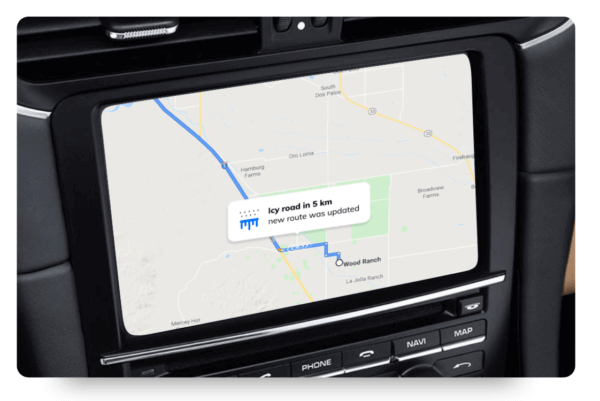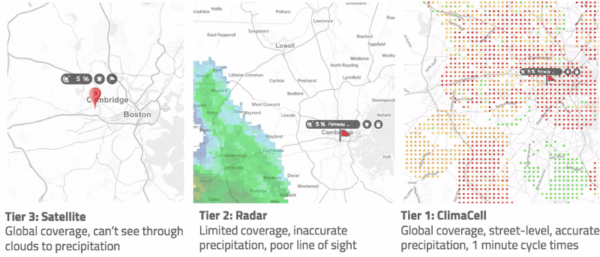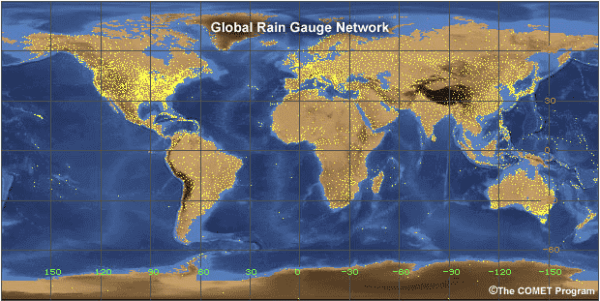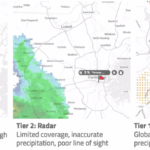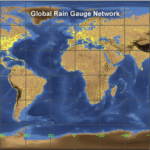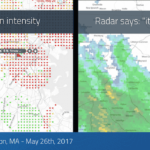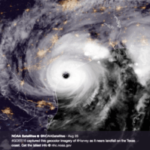Electric vehicle sales are on the rise, with more than 2.2 million EVs purchased in 2018, a 63% increase over 2017.
But that’s still only about 3% of the overall vehicle market today. According to McKinsey, 50% more people are considering buying an electric car, but overall adoption in the United States remains fairly low.
What’s stopping electric vehicle adoption? It’s complicated.
EVs are still a new technology, and so new technology takes time for people to adopt. There are worries around charging stations, repairs, and batteries.
But one thing every electric vehicle manufacturer should be considering is somewhat unexpected: the weather.
How Weather Impacts Electric Vehicle Adoption
Driving in tough weather conditions like intense rain or snow can be challenging. But with electric vehicles, range anxiety — when drivers worry over where to charge their vehicles — goes hand-in-hand with tricky weather conditions.
All cars, whether they’re gas-powered or electric, become less efficient in colder temperatures. But it’s a more dramatic impact on EVs: anything below 40 degrees can significantly impact battery range. For electric vehicles, cold weather conditions decrease range by up to 41%. It also takes longer to charge in colder weather.
Warmer weather can overheat batteries, too, losing efficiency by 4% without using air conditioning and 17% with air conditioning, according to a AAA study.
This makes the concern about vehicle range a bit more complicated. If your vehicle’s system isn’t incorporating weather data into range calculations today, you could leave your drivers stranded somewhere — potentially live Tweeting your vehicle’s failure.
Eliminate the Risks of Weather for EVs
Weather’s impact on electric vehicles is a known issue for many manufacturers today. However, the solution to the problem isn’t always so simple. Many companies today pull weather data into the car’s operating system from only a few places:
- Navigation systems
- Rain-sensing wipers
- Traction control and anti-lock brakes
However, that doesn’t tell you what’s coming up on the road ahead. Integrating forecast weather information into vehicle systems can automatically trigger “economy mode” or send alerts to proactively change driving behavior, like avoiding hard braking and maintaining the speed limit to conserve energy and help the driver arrive at their destination.
Today’s drivers need actionable insights to deal with changing weather conditions, especially when the weather can mean the difference between driving 300 miles or driving 200 before needing to stop and charge. That’s where a weather intelligence platform can help.
Improve Safety and Driver Experience in Electric Vehicles
In addition to solving battery range issues, weather can also significantly improve driver safety and experience on the road. While heat and cold are a risk, drivers often struggle with more mundane weather problems:
- Visibility issues with fog
- Slick or hazardous conditions with precipitation
- Fluctuating temperatures
- Snow or ice on the road
Why not send drivers up-to-the-minute alerts that can prevent accidents in addition to giving them a more accurate range estimate? If your car’s operating system integrates data from a weather intelligence solution, it can offer a safer and more enjoyable ride for the driver.
This data can be integrated into the driving experience, as well as a complementary app that will send alerts at the right moment to your drivers as they eat in a restaurant, for example. You can create a fully holistic driving experience that helps drivers stay safe, and feel secure while driving their electric vehicle.
Give EV Drivers the Confidence They Need
Whether it’s rain, wind, freezing temperatures, or flooding, road conditions can quickly go from safe to risky to downright dangerous.
That’s exactly why Tomorrow’s platform can help you create alerts along any route to help drivers navigate through and around treacherous roads.
This type of data is far more useful than the forecast alone. Rather than telling you there will be an icy rainstorm tomorrow in your area, you can set up an alert for the specific level of risk at all points along your route in advance. This enables you to:
- Understand how weather conditions are going to affect routes by specific location and time.
- Visualize weather information on any map, including in-car navigation.
- Send alerts about actions to take along each mile of the journey to avoid dangerous weather conditions as they arise.
- Update the accuracy of ETAs based on weather conditions along any route.
While there are many weather data providers on the market, not all can offer the in-depth and actionable insights you need to improve safety and drive loyalty for your automotive brand.
